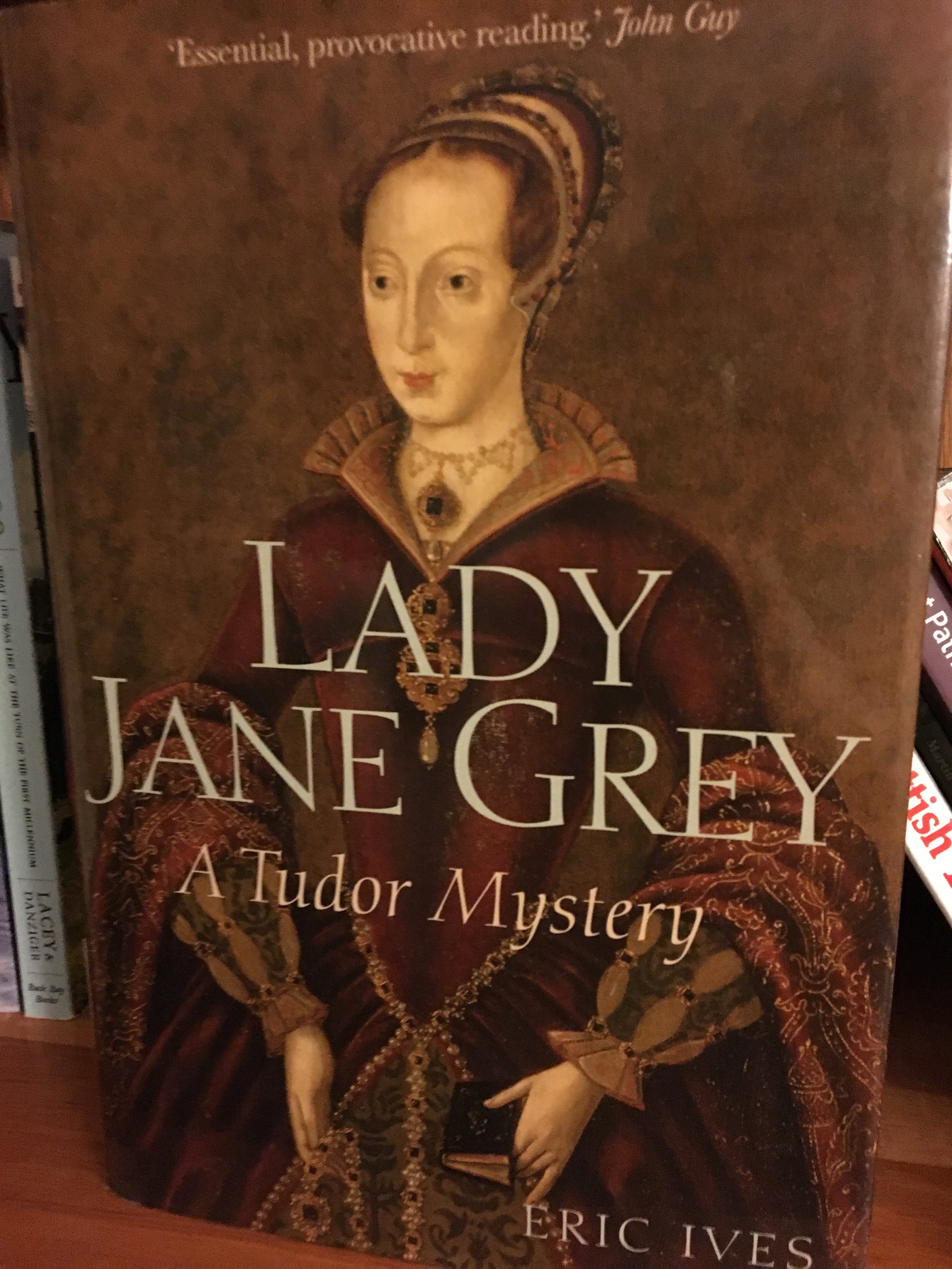The best book I read this month is the 20th installment in Ian Rankin’s John Rebus series: Even Dogs in the Wild. It’s my favorite in the series (so far).
I’d never read any Rebus books before last summer. The series was recommended to me when I mentioned that I was traveling to Edinburgh and that when I traveled, I liked to read books set in the place I was visiting. The Rebus recommendation was spot on.
Rebus is a Detective Inspector who lives and works in Edinburgh. He first appeared in Knots and Crosses way back in 1987. In the early books in the series, Rebus was not all that likable and felt pretty flat as a character. What I enjoyed most about reading those books was being in the city where the stories were set and seeing many of the story locations in person. For example, one of the Rebus books I read while in Edinburgh began with a murder in Mary King’s Close. I read those pages a couple days before my own scheduled guided tour of the close. Similarly, Rebus regularly walked up the Canongate and the Cowgate and through the Grassmarket—all places I walked while I was there. Reading about places I was seeing in person made my visit more meaningful and the stories more alive.
By Book 20, published in 2015, Rebus is retired. That, of course, doesn’t stop him from being involved in the latest case du jour. What set Even Dogs in the Wild apart, though, was the character growth. For the first time, Rebus seems to have grown. He felt like a real person, not a stock character. The same for his frenemy, Big Ger Cafferty, an aging mob boss. Both men show signs of change and vulnerability that they hadn’t shown before. It made for a refreshing and engaging read—enough so that I’m very much looking forward to reading the last two books (so far) in the series.
(All that said, you can read and understand Even Dogs in the Wild without having read the previous 19 books in the series.)













